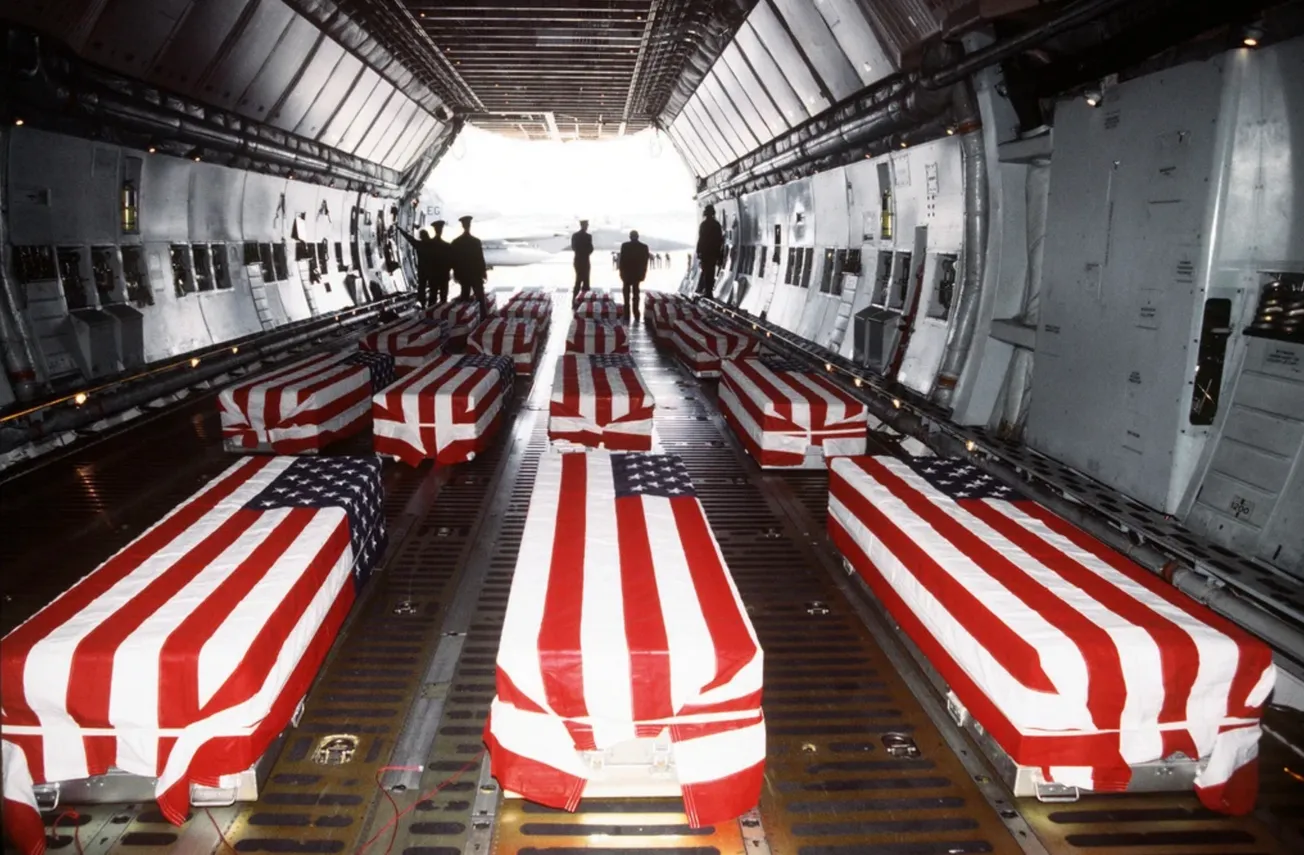The August 1 #EndBadGovernment anti-hunger protests in Nigeria—widely feared within the government as potentially providing the country’s diverse ethnic and religious factions with a unifying purpose—have been met with an “iron fist” of repression by Nigeria’s extensive “security” forces. As the protests, scheduled to last through August 10, have extended into the second day, headlines are reporting that hundreds have been arrested and that alleged police shootings have already resulted in dozens of fatalities.
In addition to a 30,000-man deployment by the Nigerian Security and Civil Defense Corps, the Chief of Defense has said that the Army is now on “standby” should police become overwhelmed by protesters in any one area. Governors in at least one southeastern state deployed security personnel at their disposal to secure critical infrastructure in advance of the march. Marchers have additionally been subverted by “counter-march” forces, as hoodlums either specifically targeted protesters, or took advantage of the strike ferment to loot local businesses. Violence has been most excessive in northern (predominantly Muslim) cities or states, with an additional report of a suspected jihadist suicide-bombing of a market in Borno State (near Lake Chad) on July 31.
The strike is not without its supporters, however. Already on July 29, a coalition of civic groups called the United Action Front of Civil Society, called on Tinubu to initiate dialogue with the AYA youth—imitating (without saying so) the example of Kenyan President William Ruto—and not to delegate it to some functionary in the general administration. In the days following, a rogue group of northern “elders” delivered a seven-point list of demands to Tinubu, and the National Baptist Convention has also proposed a 15-point program.
Although a “Kenya moment”—where the youth of that country united, despite their cultural or ethnic differences, against economic and political oppression—could yet emerge, it seems to have been largely diffused in Nigeria. Instead, sectarian divisions and the government’s ability to manipulate them, have so far carried the day, leaving Nigerians to suffer with their “bad government” for still longer.


